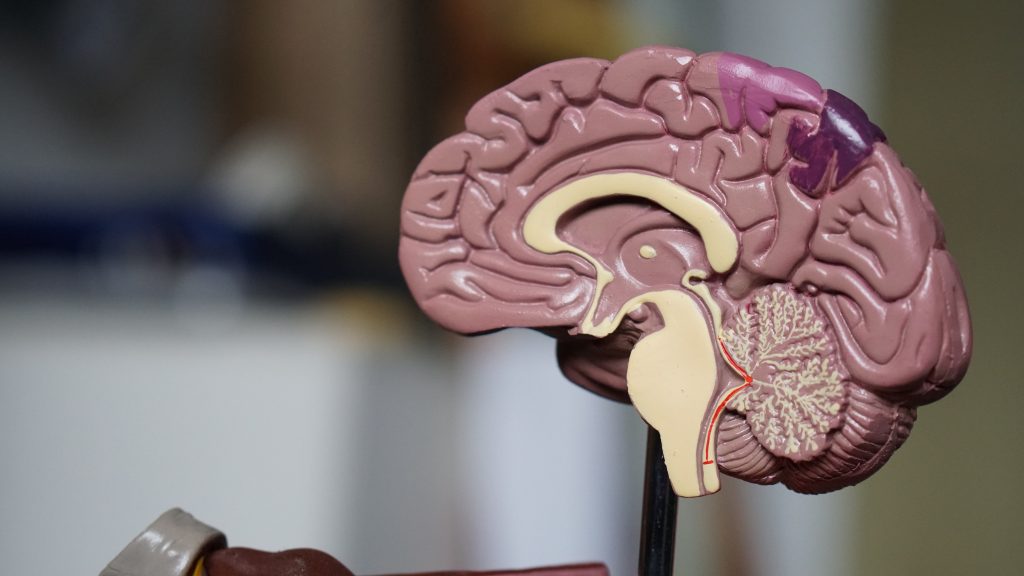Drinking alcohol and its effect on your brain

You usually don't think about it every day, but damn those brains of ours get it right every day. Thanks to this mass of gray and white matter, nerve signals are processed, allowing your body to be controlled. Your brain is also important for memory, consciousness and emotions. Unfortunately, our brains get a big blow from (excessive) drinking of alcohol. You can read how that works here.
You're at a party and you've just finished your first (and second, and third) alcoholic drink. You become a bit rosy, make a few good jokes, are extra cheerful, a bit more relaxed. Or the opposite happens: your mood changes. Instead of 'extra cozy' you become gloomy, anxious, unkind or even angry. Not pleasant for yourself and your environment and last but not least: certainly not good for your brain.
Long term consequences
Drinking too much alcohol for a long time can also have long-term consequences, such as brain damage. A well-known example of this is Korsakov Syndrome. Memory problems and often neglect of appearance occur with this type of brain damage. The latter is due to the so-called loss of decorum, or loss of daily (external) care. The brain damage in Korsakov Syndrome is permanent and progressive (source: www.Gezondheidsplein.nl).
Alcohol poisoning
The Korsakov Syndrome is an extreme form of brain damage, but even a (one-off) form of alcohol poisoning can already be harmful to the brain. It is good to realize that a hangover is also a (mild) form of alcohol poisoning. The next day you may experience memory problems, concentration problems, fatigue and confusion. Severe alcohol poisoning (such as can occur during 'binge-drinking or 'coma drinking') is very dangerous at the moment: the alcohol can numb your nervous system, causing your breathing to stop, resulting in death. Even if you survive an alcohol poisoning and are fully conscious again, you can suffer from the aforementioned complaints for a longer period of time.
| How quickly and alcohol poisoning can develop depends on:
-Weight -Experience with booze -Sex -Brain volume Source: www.Gezondheidsplein.nl |
Did you know that a hangover is the consequence of a (mild form of) alcohol poisoning?
Let us know in a comment!


